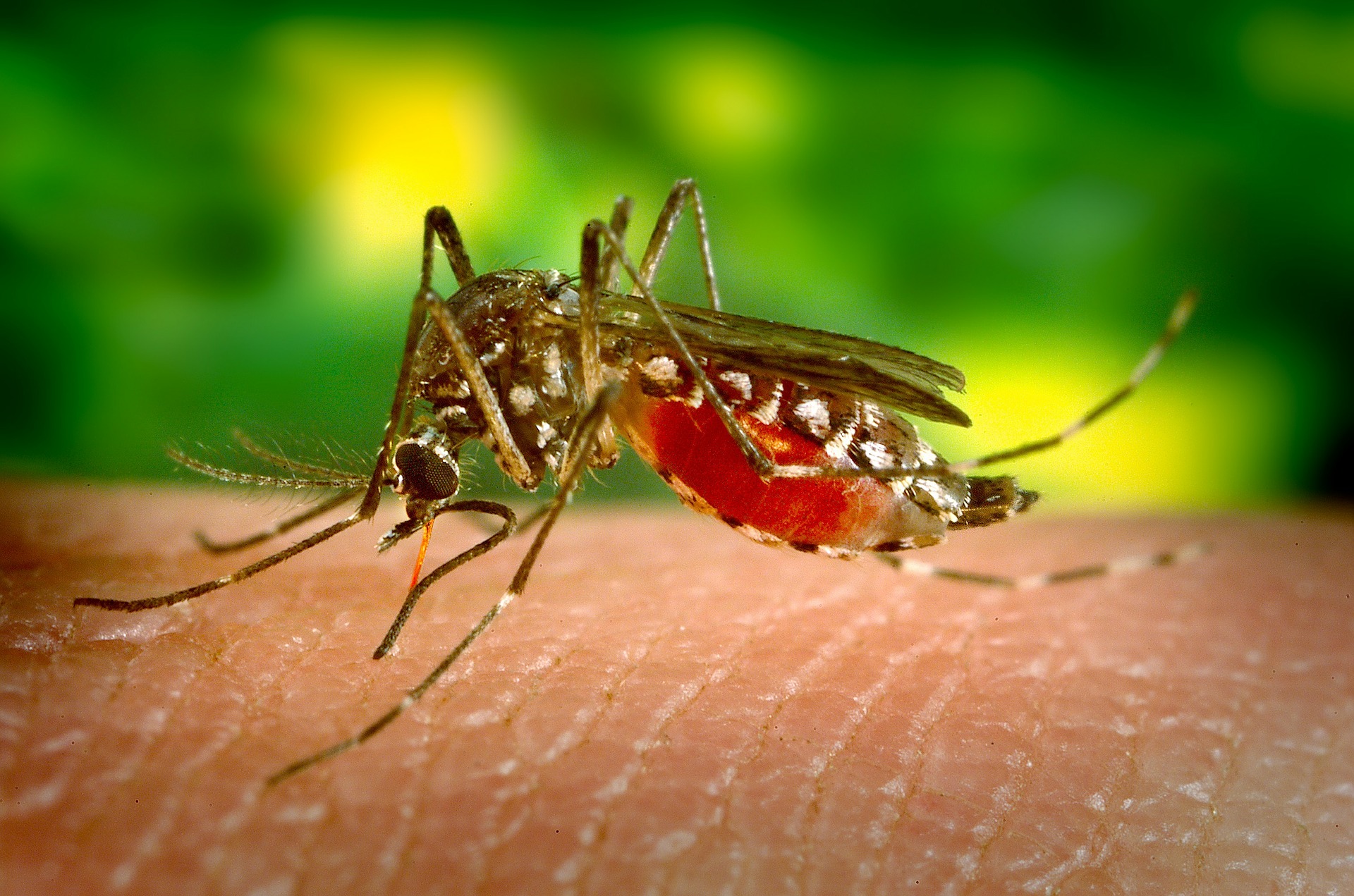
Global health experts report that malaria can be eradicated by 2050, contradicting a World Health Organization (WHO) review in August.
The Lancet Commission, composed of 41 specialists, claimed in a report that malaria, one of the world's oldest and deadliest diseases, can be eradicated within a generation but would need commitment and partnership. The report pointed out the need for additional money and innovation into combating the disease and its carriers, the mosquitoes.
Richard Feachem, co-chair of The Lancet Journal-commissioned review and director of the Global Health Group at the University of California in San Francisco, said "For too long, malaria eradication has been a distant dream, but now we have evidence that malaria can and should be eradicated by 2050. We must ... challenge ourselves with ambitious targets and commit to the bold action needed to meet them."
This contradicts with the WHO’s Strategic Advisory Group on Malaria Eradication (SAGme) report which focuses on prioritizing preparations for future eradication "while guarding against the risk of failure that would lead to the waste of huge sums of money (and) frustrate all those involved." The Lancet report argued that instead of focusing on gradually reducing malaria cases amidst risk of recurrence, global health authorities could "instead choose to commit to a time-bound eradication goal that will bring purpose, urgency and dedication."
In 2017, 219 million people got infected with malaria and around 435,000 of them died, mostly babies and children in Africa's poorest areas.
Winnie Mpanju-Shumbusho, a doctor from Tanzania who co-chaired The Lancet Commission, emphasized that eradication of malaria is "a public health and equity imperative." She said "Malaria continues to strip communities around the world of promise and economic potential."
The commission recommended three ways to achieve this. First, existing tools such as bednets, medicines and insecticides should be used more efficiently. Second is the development of new tools, such as vaccines. Lastly, investment by governments in both malaria-affected and malaria-free countries, should increase by approximately $2 billion annually to accelerate progress.






